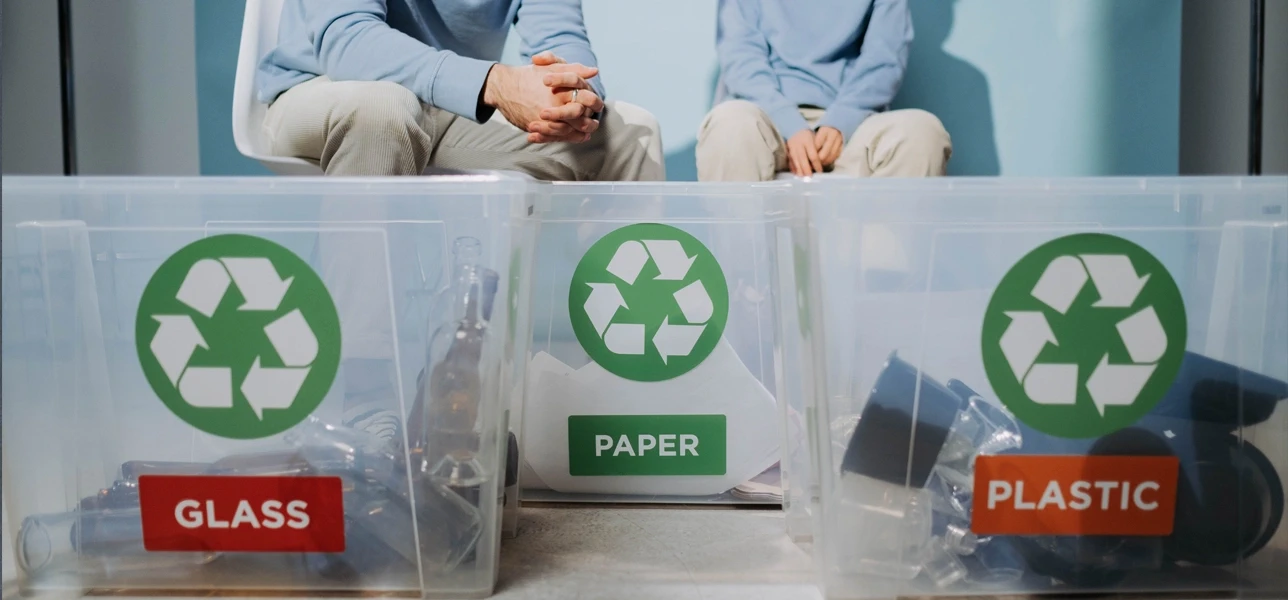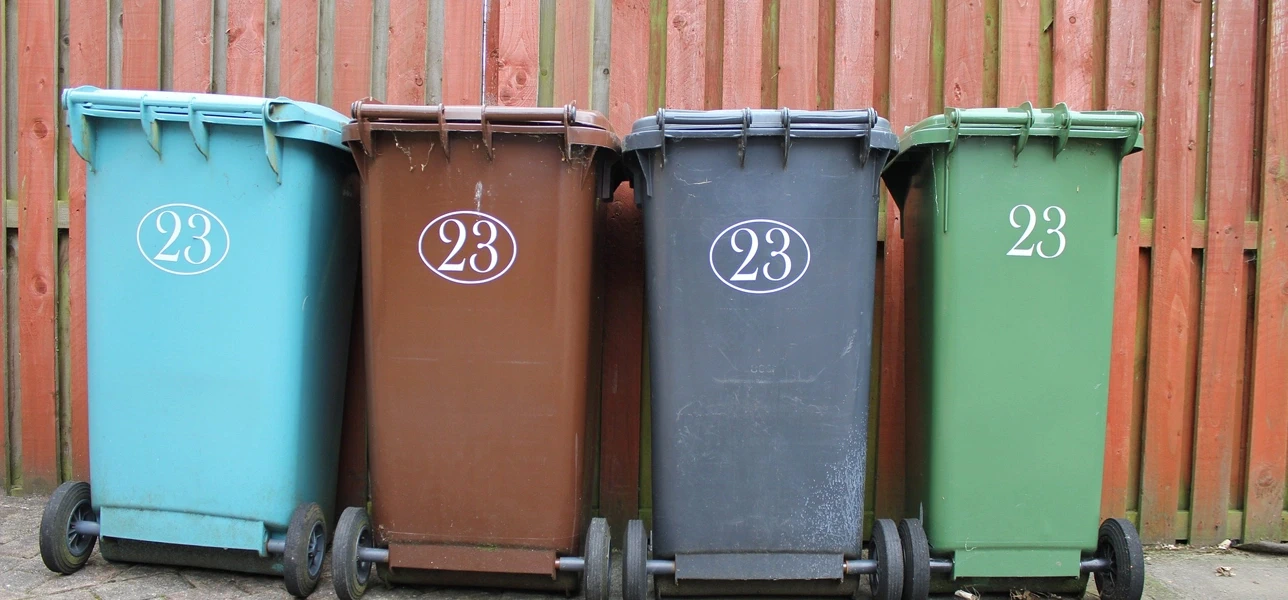Hamid Leather's Garbage Recycling Process
In the pursuit of excellence and environmental responsibility, Hamid Leather has taken a significant step by implementing an innovative garbage recycling process within its operations. This sustainable transformation not only reflects the company's commitment to minimizing its ecological footprint but also sets a commendable standard for the leather and garment manufacturing industry.
The essence of recycling
The leather and fashion industry, like many others, generates a substantial amount of waste. It includes discarded materials, damaged products, packaging, and various other forms of waste. Recognizing the ecological and social responsibilities that come with its operations, Hamid Leather has taken proactive measures to implement a comprehensive recycling process.
Waste Segregation
The recycling process begins with a meticulous waste segregation system. At every stage of production, employees are trained to segregate waste into different categories, including leather scraps, packaging materials, and other recyclable components. This process ensures that recyclable materials are not mixed with non-recyclable waste.
Collection and Storage
Once segregated, the recyclable materials are collected and stored in designated areas within the facility. Hamid Leather maintains a well-organized and clean storage system to prevent contamination of recyclable materials and facilitate efficient handling.
Waste Segregation
The recycling process begins with a meticulous waste segregation system. At every stage of production, employees are trained to segregate waste into different categories, including leather scraps, packaging materials, and other recyclable components. This process ensures that recyclable materials are not mixed with non-recyclable waste.
Sending further scraps to recycling firms
Hamid Leather has established a new step in which they send their further scraps to reputable recycling firms that specialize in processing leather and textile waste. These recycling firms have the expertise and technology to transform the collected materials into valuable resources. This ensures that the recycling process is carried out with the highest efficiency and minimal environmental impact.
Leather scraps recycling
Leather scraps, a byproduct of the manufacturing process, are of particular importance in Hamid Leather's recycling efforts. These scraps are collected and sent to recycling partners, who use them to create a range of eco-friendly products. Leather offcuts can be transformed into accessories, smaller leather goods, and even sustainable leather fabric. This sustainable approach not only reduces waste but also extends the life and utility of the leather materials.
Packaging Materials Recycling
Packaging materials, such as cardboard, paper, and plastics, are also a significant component of waste in the industry. Hamid Leather ensures that these materials are responsibly collected and sent to recycling facilities where they can be transformed into new packaging materials, reducing the demand for virgin resources.
Circular Economy Commitment
Hamid Leather's recycling process is a symbol of its commitment to the circular economy. The company aims to close the loop by recycling materials and reducing waste generation. This approach not only conserves resources but also minimizes the environmental impact of its operations.
Environmental Impact and Ethical Responsibility
By implementing this comprehensive recycling process, Hamid Leather significantly reduces the environmental footprint of its operations. The company contributes to the reduction of waste in landfills, minimizes the demand for new raw materials, and helps conserve energy and resources. Moreover, this initiative reflects the company's ethical responsibility to operate in a sustainable and environmentally conscious manner.
Conclusion
In conclusion, Hamid Leather's garbage recycling process exemplifies the company's dedication to environmental sustainability and responsible business practices. By segregating and recycling waste materials, the company actively participates in reducing waste and minimizing its ecological footprint. The commitment to transforming leather scraps and packaging materials into valuable resources underscores Hamid Leather's vision of a circular economy. As the company continues to evolve and grow, its recycling efforts serve as a model for the industry, demonstrating that waste can be turned into a valuable resource and that a sustainable approach to manufacturing is not just a responsibility but an opportunity for innovation and environmental stewardship.

